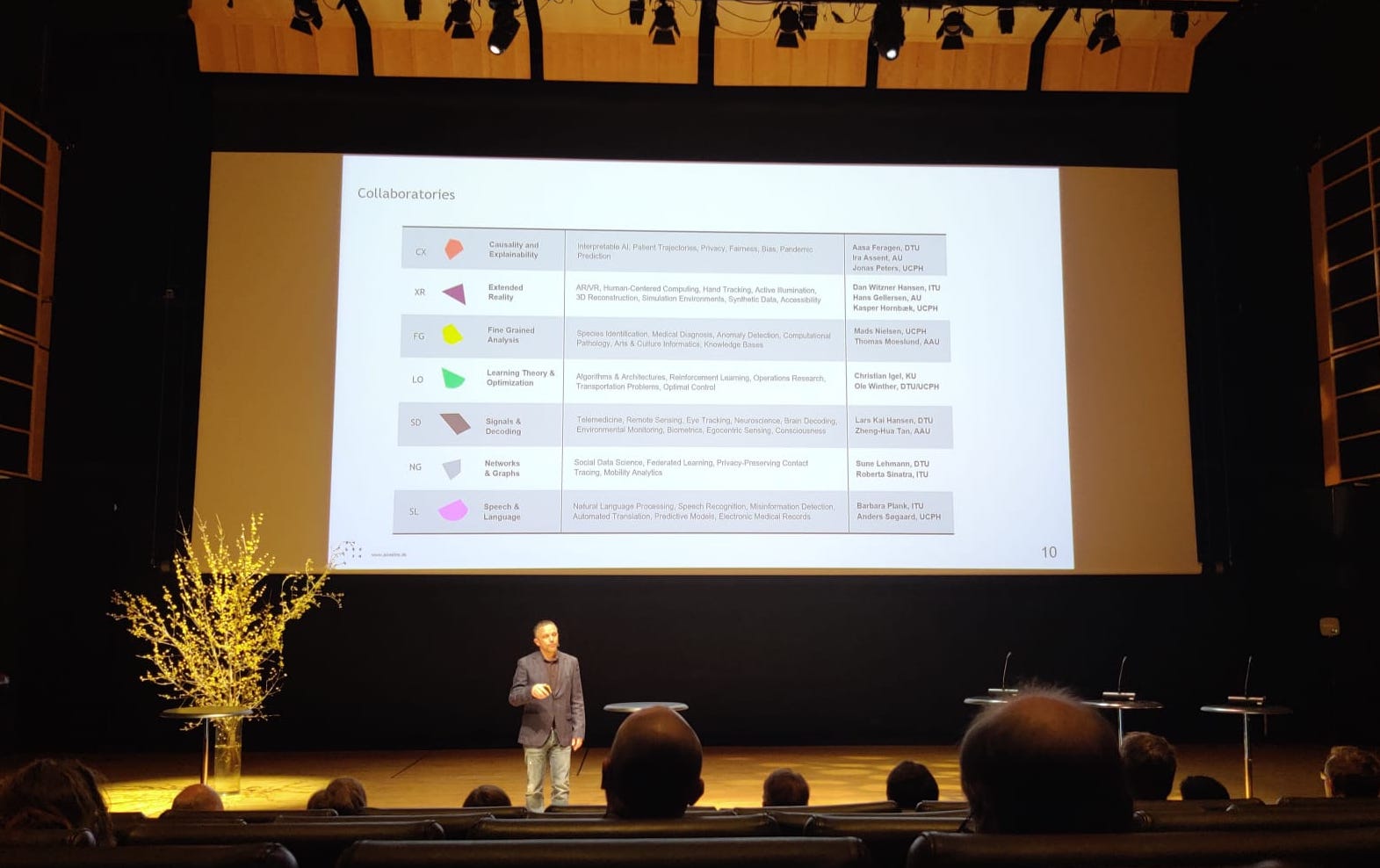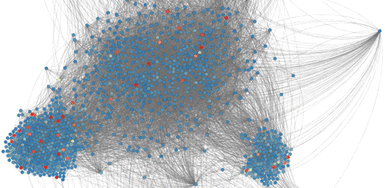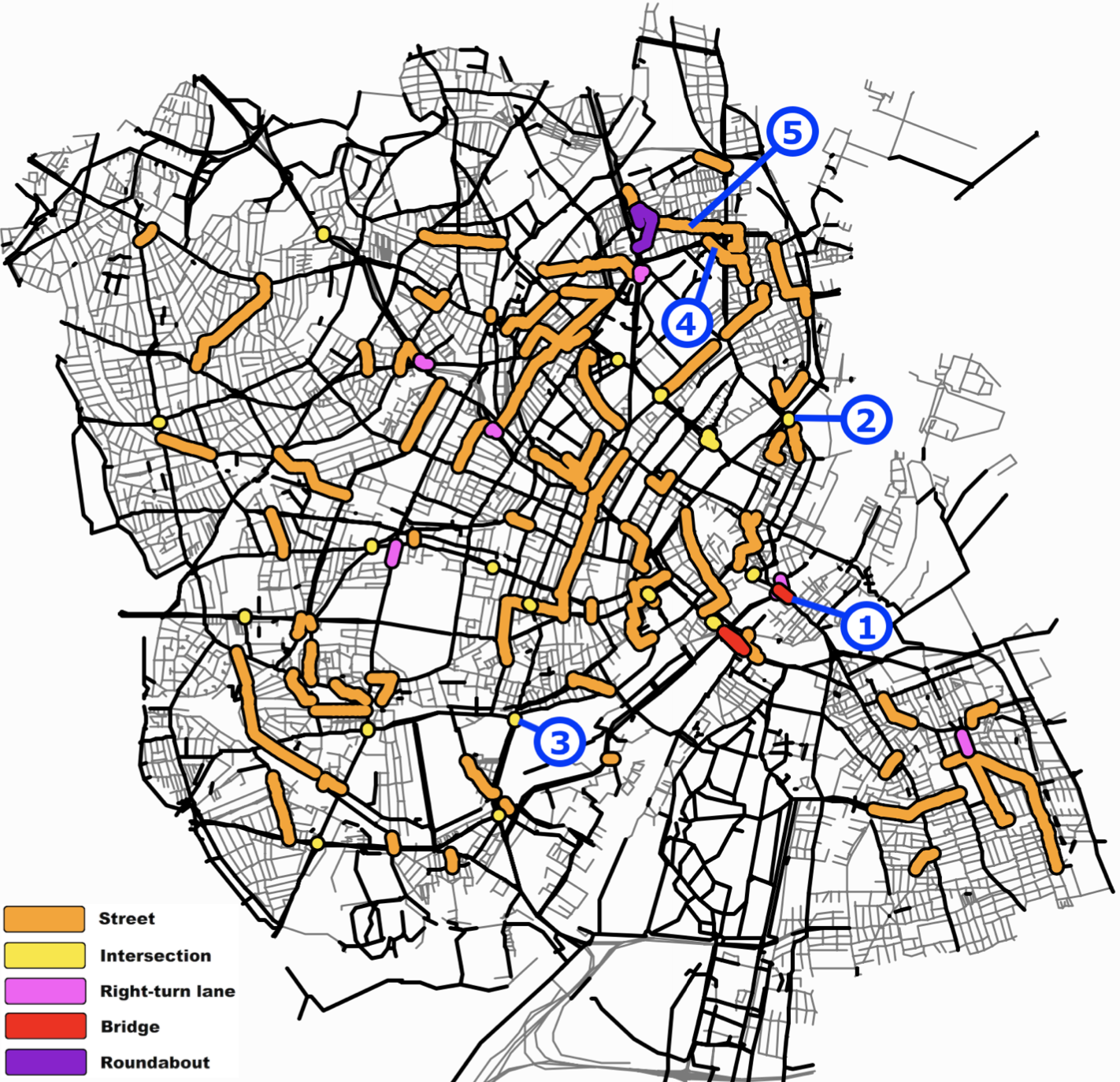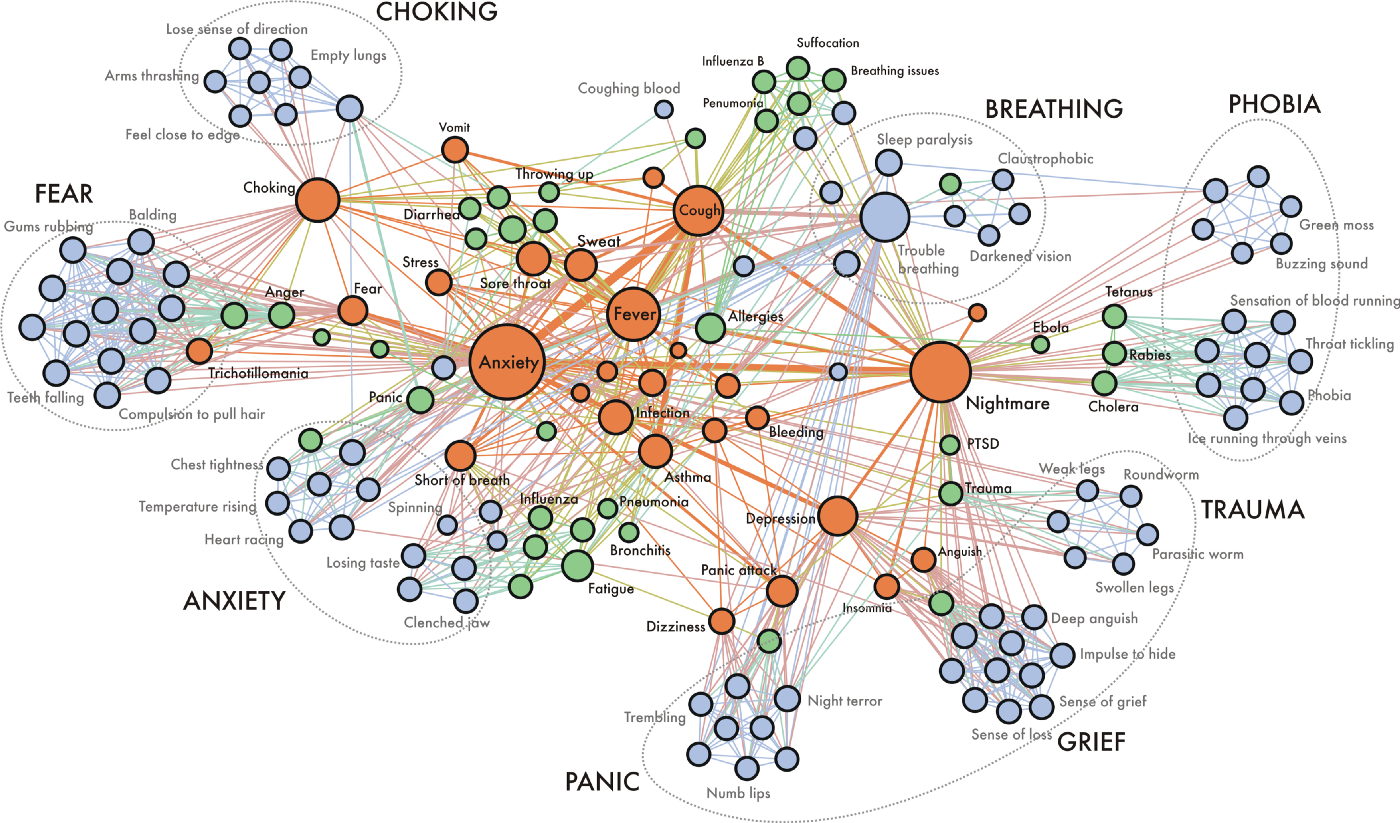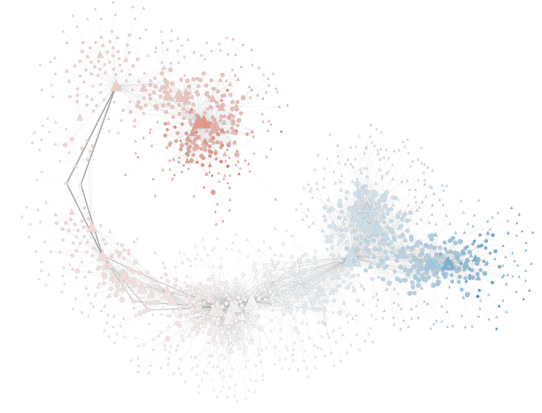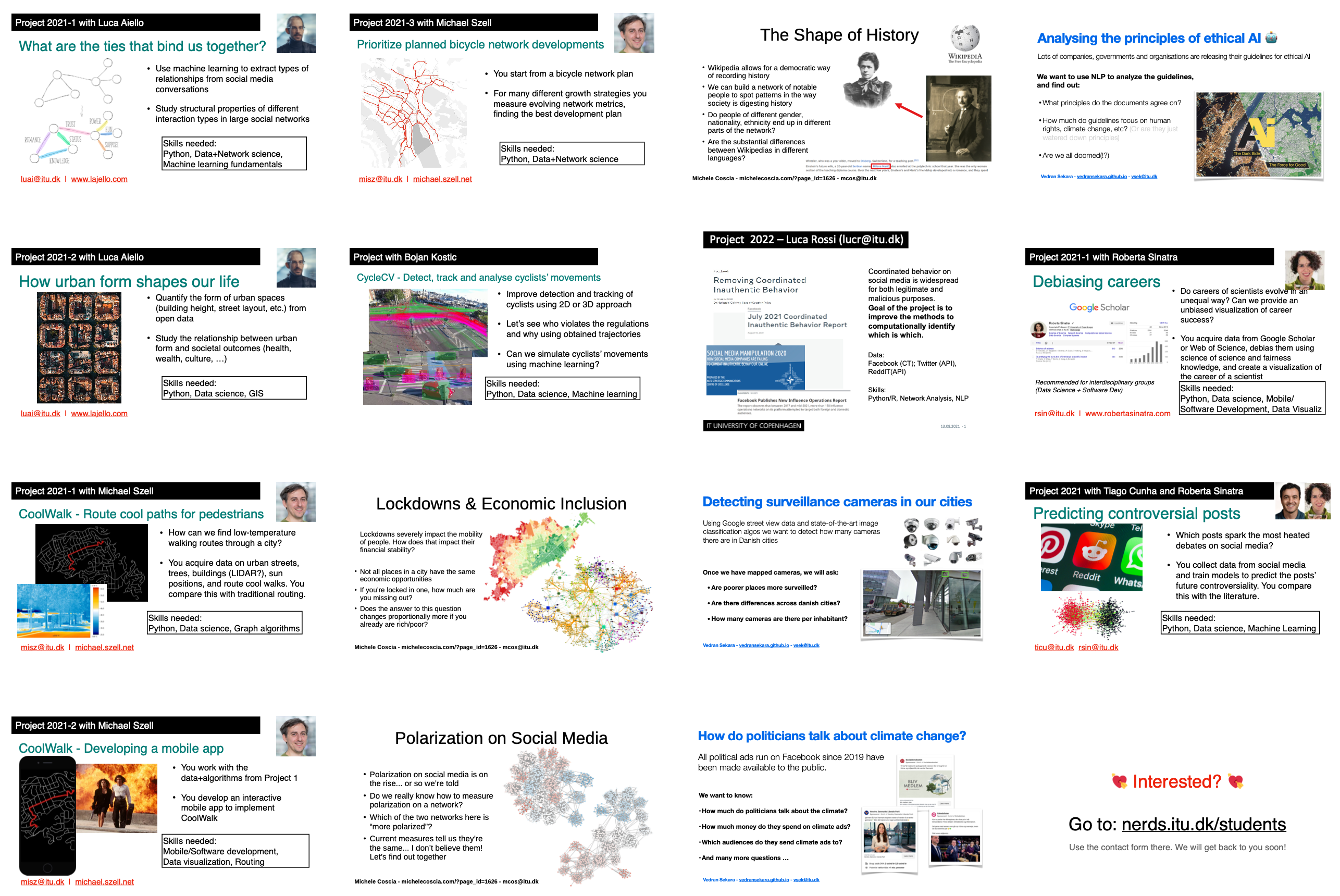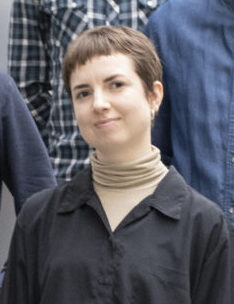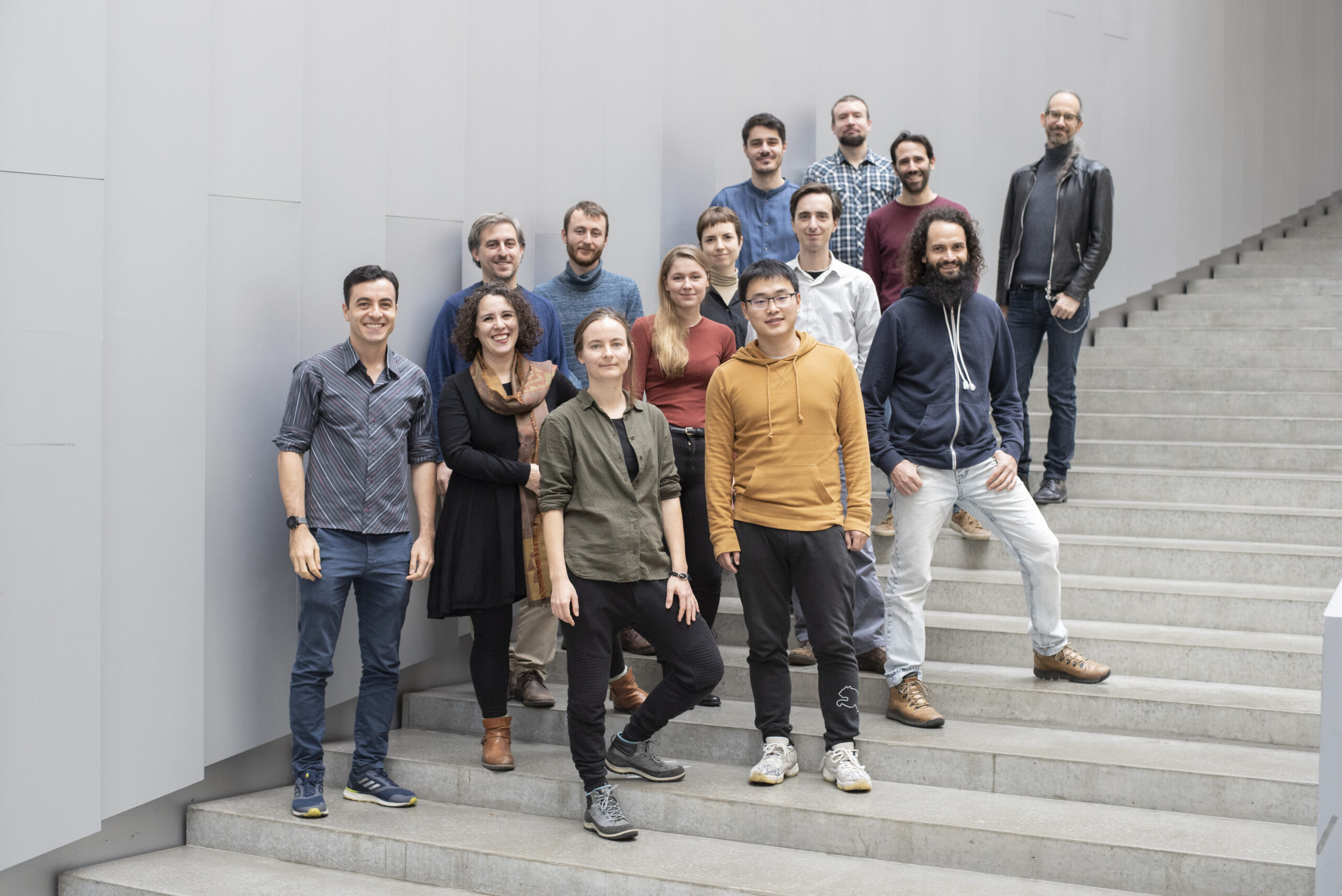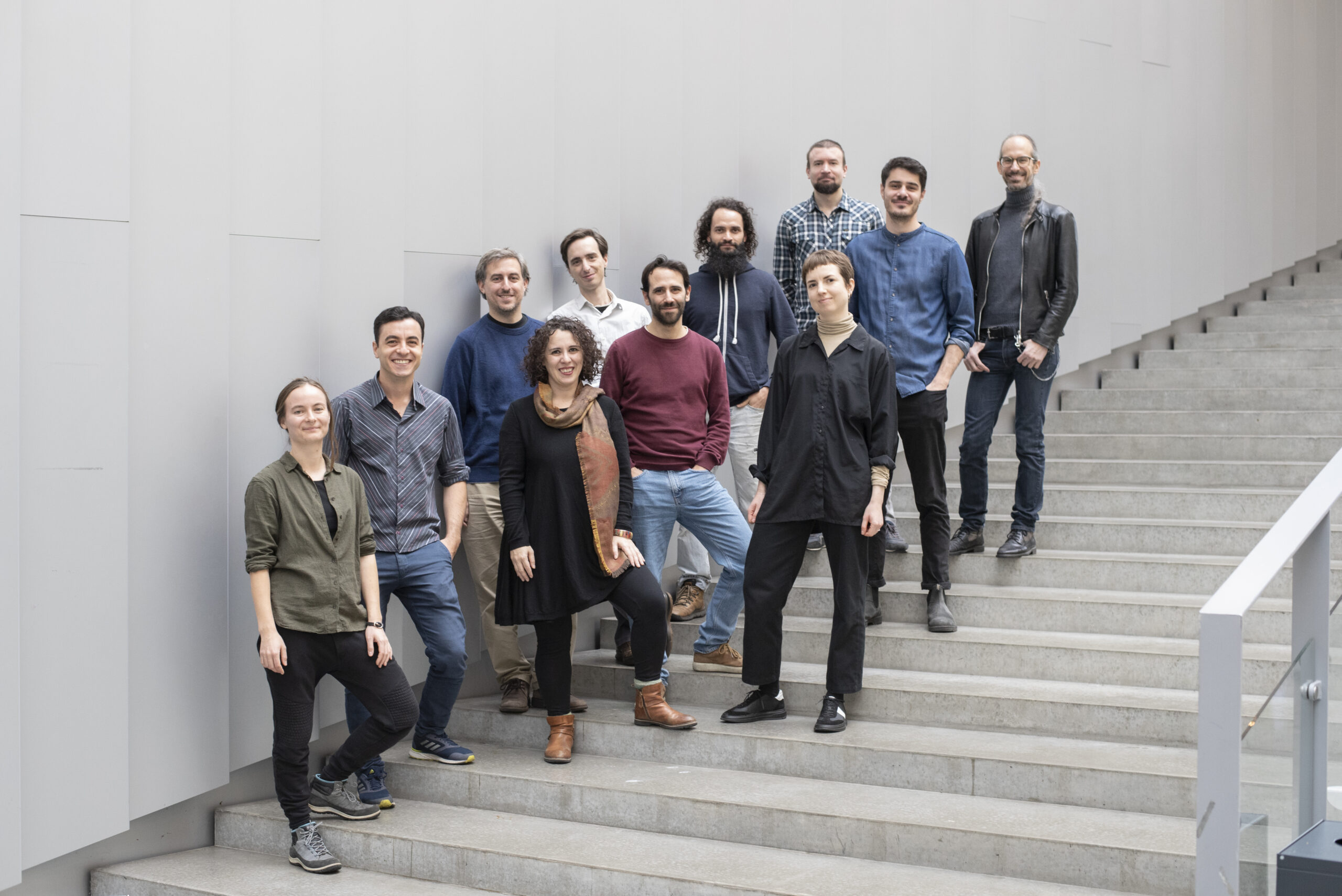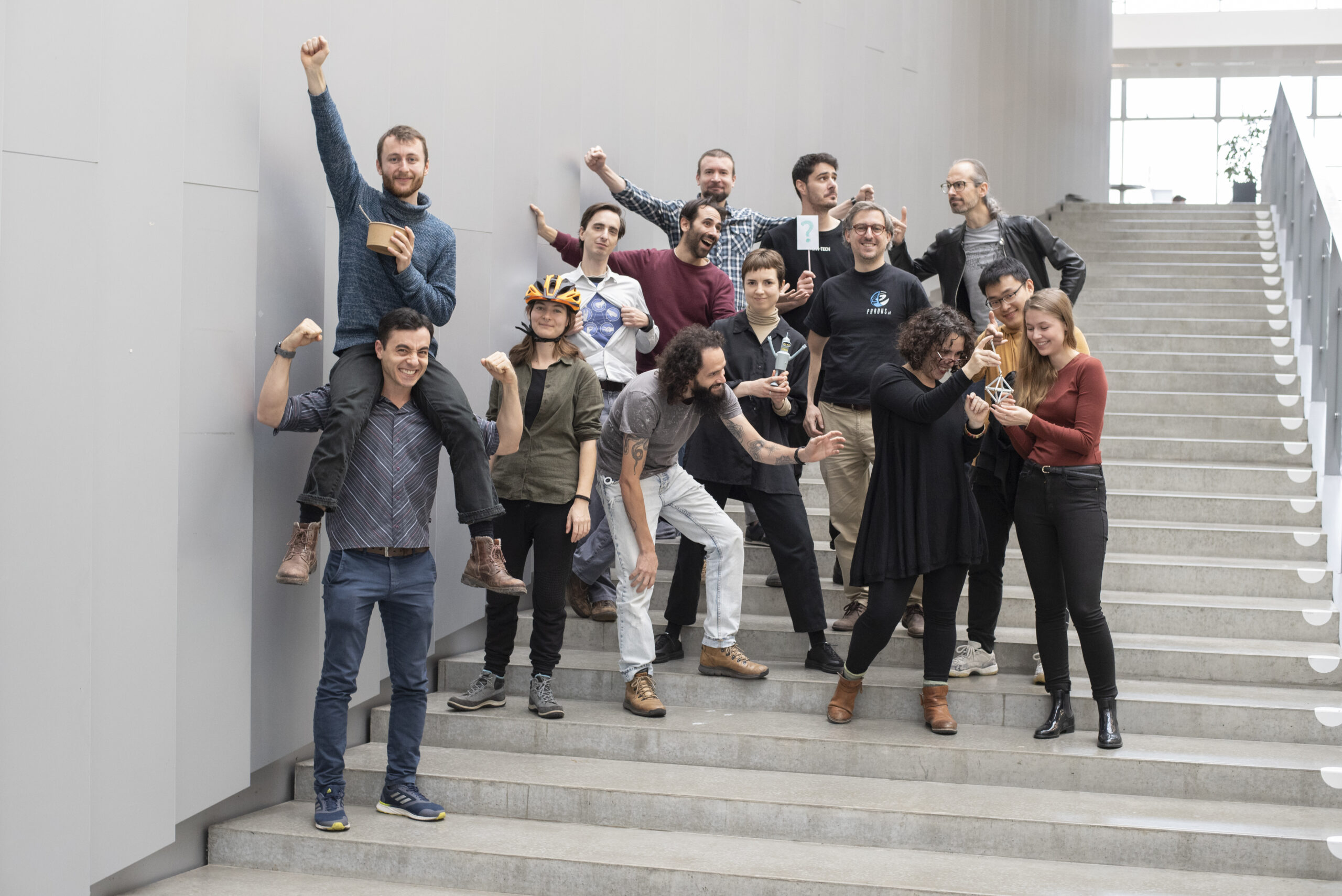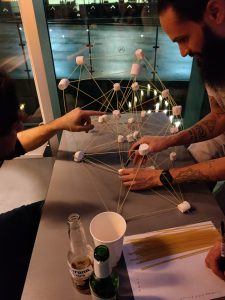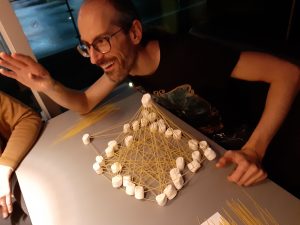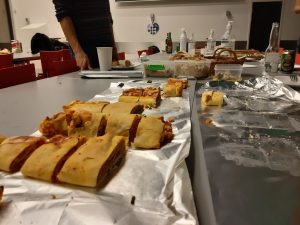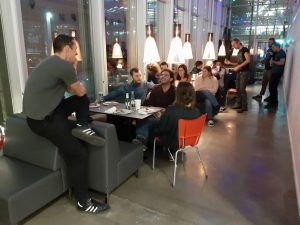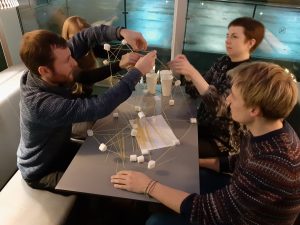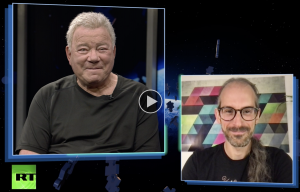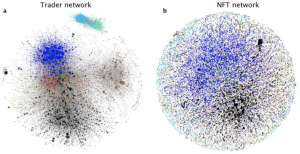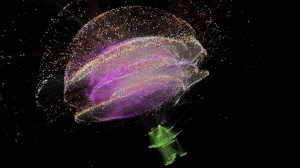Yesterday Denmark’s new Pioneer Center for Artificial Intelligence was opened ceremonially, where Roberta took part in a panel discussion. Roberta’s role in the centre will be the new co-load of the Networks and Graphs Collaboratory together with Sune Lehmann.
The Pioneer Centre for Artificial Intelligence focuses on fundamental research, and within an interdisciplinary framework, develops platforms, methods, and practices addressing society’s greatest challenges. It brings together world-class artificial intelligence research in Denmark.
We are excited to see the novel science the centre will enable and produce, and which opportunities it will bring for attracting more world-class research to the country.

